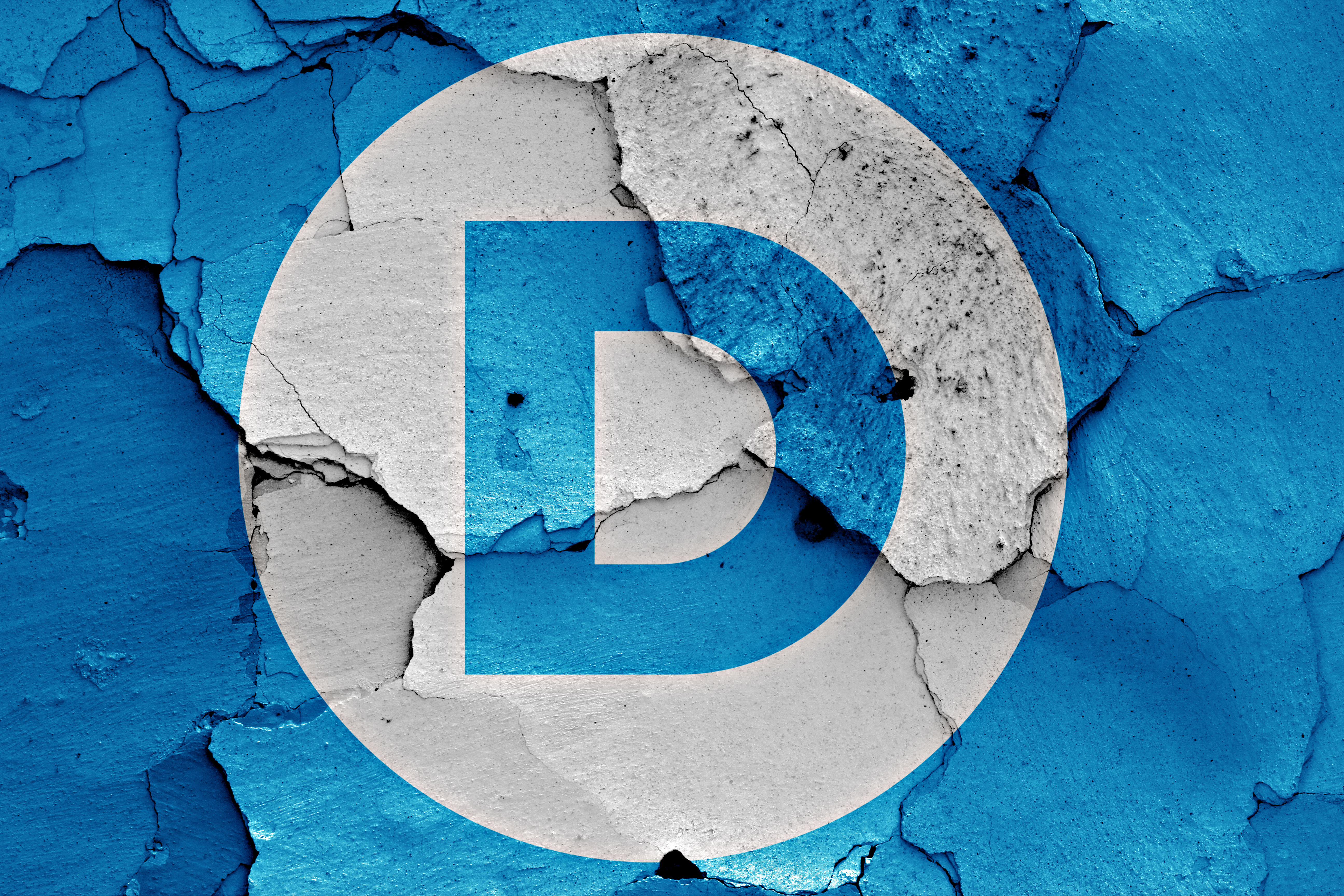|
Getting your Trinity Audio player ready...
|
Finally putting to rest most of the controversy that has plagued the Alabama Democratic Party over the last year, on Saturday, the State Democratic Executive Committee voted to approve a new set of bylaws that restored many of the minority caucuses that were dissolved last May.
The new bylaws, which passed 115-32, were a major compromise between two sides of the ADP that have rarely found common ground over the last four years.
“They’re not perfect, but they’re a big step towards uniting this party,” said attorney Ben Harris, who helped craft the new bylaws.
The new bylaws have not yet been made public, but Harris said they were only slightly different from the proposed bylaws party officials made public last month. Harris said only minor amendments had been made to ensure minority representation requirements were met. The amended bylaws were sent to SDEC members 10 days earlier.
The meeting, according to those in attendance, had a noticeably different feel from the last several, very contentious meetings, with leadership taking roll and ensuring that the meeting was being recorded and available online.
However, it wasn’t completely without controversy. The new bylaws did not restore a caucus for members with disabilities, drawing sharp criticism from the former chairman of the disability caucus.
“The way they just treated people with disabilities today is a shame,” former chairman Josh Raby told the Alabama Reflector after the meeting.
While several members of other caucuses were critical of the decision not to restore the disability caucus, they were also surprisingly optimistic about the change in direction for the party.
ADP has seemingly been fighting with itself for the better part of the past five years, starting with a forced leadership change in 2019. That change, pushed by former U.S. Sen. Doug Jones and several others, forced the party to rewrite its bylaws to include more minority caucuses in order to better represent more minority groups.
In doing so, that expansion of minority voters within the party’s executive committee diluted the power of the party’s Black caucus, the Alabama Democratic Conference. The ADC, chaired by longtime Democratic powerbroker Joe Reed, held significant power within the ADP ranks, but derived much of that power from the fact that the party’s only true minority caucus for years was the ADC.
Once the new caucuses were established – many of which contained Black members, so as not to dilute the power of Black voters within the party – the ADC and Reed could no longer control the leadership votes. A whole new set of leaders was voted in and the ADP was supposedly being reborn.
But Reed doesn’t lose that easily. Within three years, he had again found control of the party by managing to get his favored candidate, Rev. Randy Kelley, elected chairman in 2022. What followed was a bit of scorched earth score settling, as Kelley and Reed sought to rid the party of the Doug Jones bylaws.
At a meeting last May, they pushed through new bylaws by employing underhanded tactics – such as essentially charging a poll tax – and dissolved many of the new minority caucuses. And they went to war with anyone who challenged them.
But there was one challenger they couldn’t overpower – the Democratic National Committee. When several members, including vice-chairwoman Tabitha Isner, filed challenges, the DNC again got involved in Alabama’s mess. It went as far as to threaten to strip ADP of both money and delegates should it find that the party had employed discriminatory practices against any minority group. And it ultimately found that the newly-passed bylaws did just that.
Reed and Kelley promised to fix the bylaws and make changes. Many doubted they ever would, or thought that there would at least be a long, drawn out fight to get them to make such changes.


















































